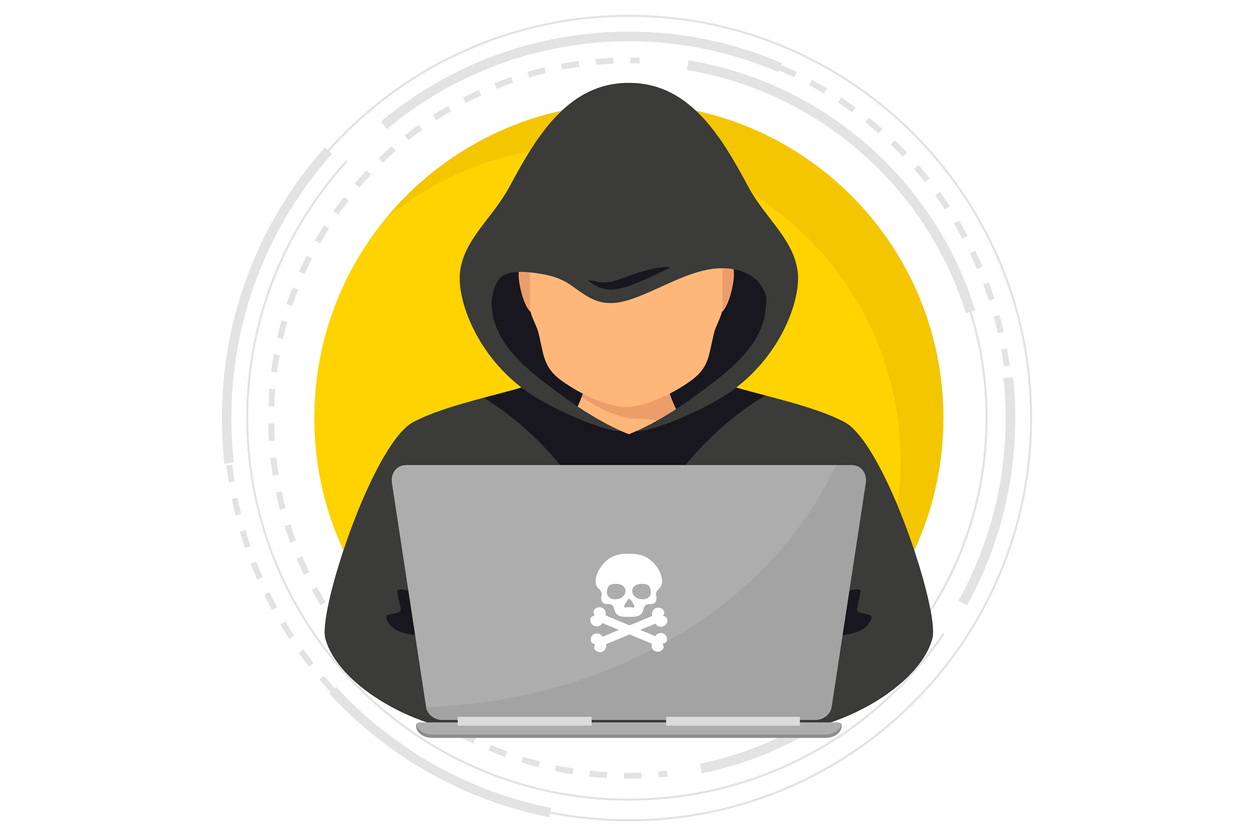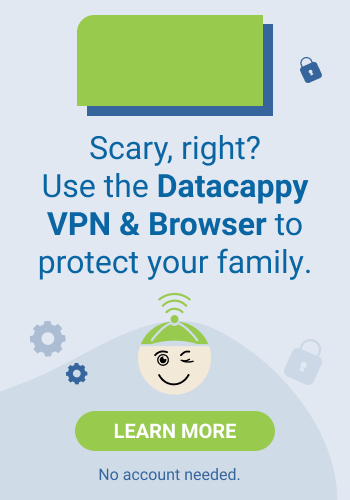
Let’s shed some light on the Dark Web. What is it? Where is it? Do I need to worry about it?
The Dark Web is a shadowy version of the Internet we all know and use, home to a range of good guys and bad guys, according to the National Institute of Justice. The Internet’s secret side. People use sites on the Dark Web for a range of reasons, but its built-in anonymity is a key attraction. (Also: no tracking.)
To be fair, legitimate reasons to use the Dark Web abound: Journalists working a controversial story might use it to protect the anonymity of their sources. Human rights activists rely on the Dark Web to keep themselves safe when promoting reforms. But the anonymity and ease of concealing communications also make the Dark Web a hub for illicit activities.
Bad guys use the Dark Web to buy and sell weapons and drugs, hacked credit information, stolen identities—whatever you can imagine people wanting to do where no one can shed some light, there’s probably a market for it on the Dark Web.
So, where is it? Can your kids find it? As Kaspersky explains, about 90% of websites constitute the “deep web,” which is not indexed by search engines like Google. You need to use a special kind of browser to access Dark Web sites. It is estimated the Dark Web accounts for about 5 percent of all websites.
Connections pass through a series of random computer servers to disguise where people are accessing them. If your kids know how to download a standard web browser to connect online, it’s not much of a stretch for them to find and use Dark Web browsing software.
The question now is, “Should I worry about it?” The answer: A bit? The Dark Web is not coming to get you. It’s a place people can go to do things in secret. If that’s appealing to your kids, talk to them about it. Let them know the Dark Web isn’t safe for them (no age restrictions; no way to report sketchy behavior) and, importantly, keep the dialogue honest and open. Best to stay in the well-lit areas of the internet.







